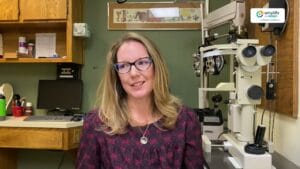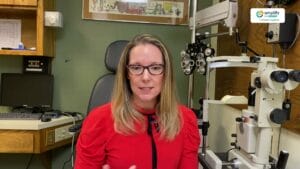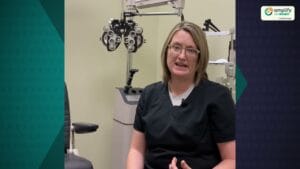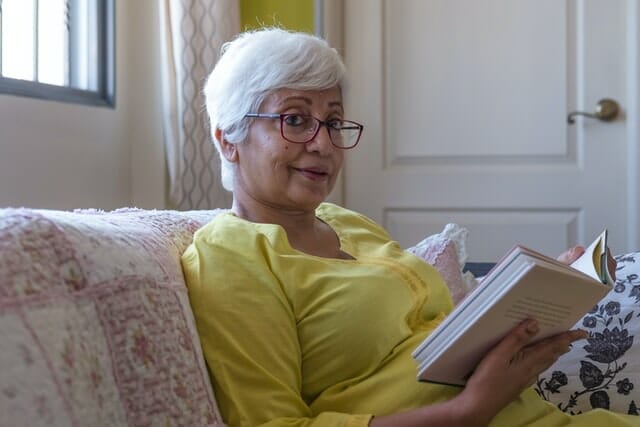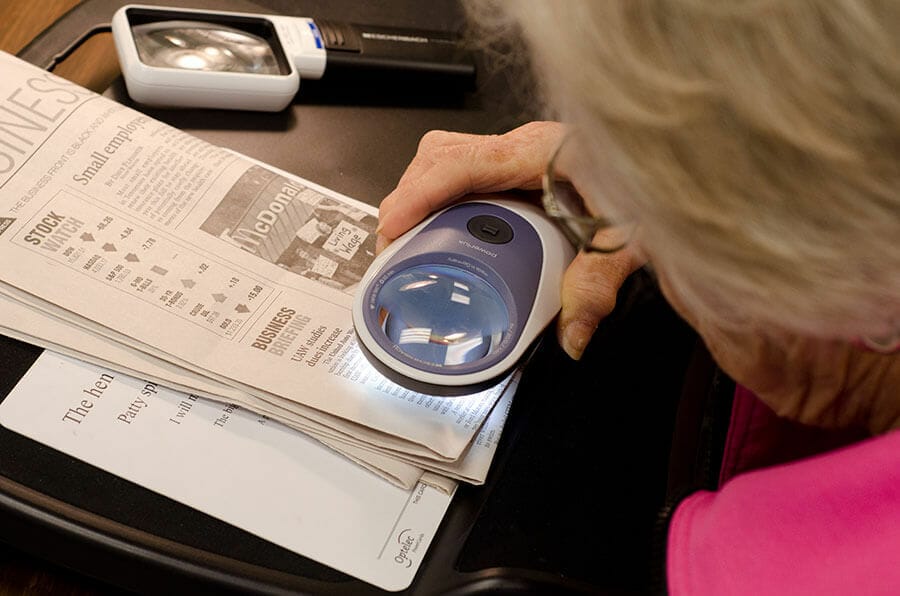Low vision often occurs secondary to degenerative eye diseases that lead to irreversible vision loss affecting visual acuity and field of vision. These disorders include age-related macular degeneration, diabetic retinopathy, cataracts, glaucoma, retinitis pigmentosa, Stargardt, ocular albinism, strokes, and other conditions. In some instances low vision may be congenital (from birth) or secondary to a traumatic or acute brain damage.One of the most common causes is age-related macular degeneration.


